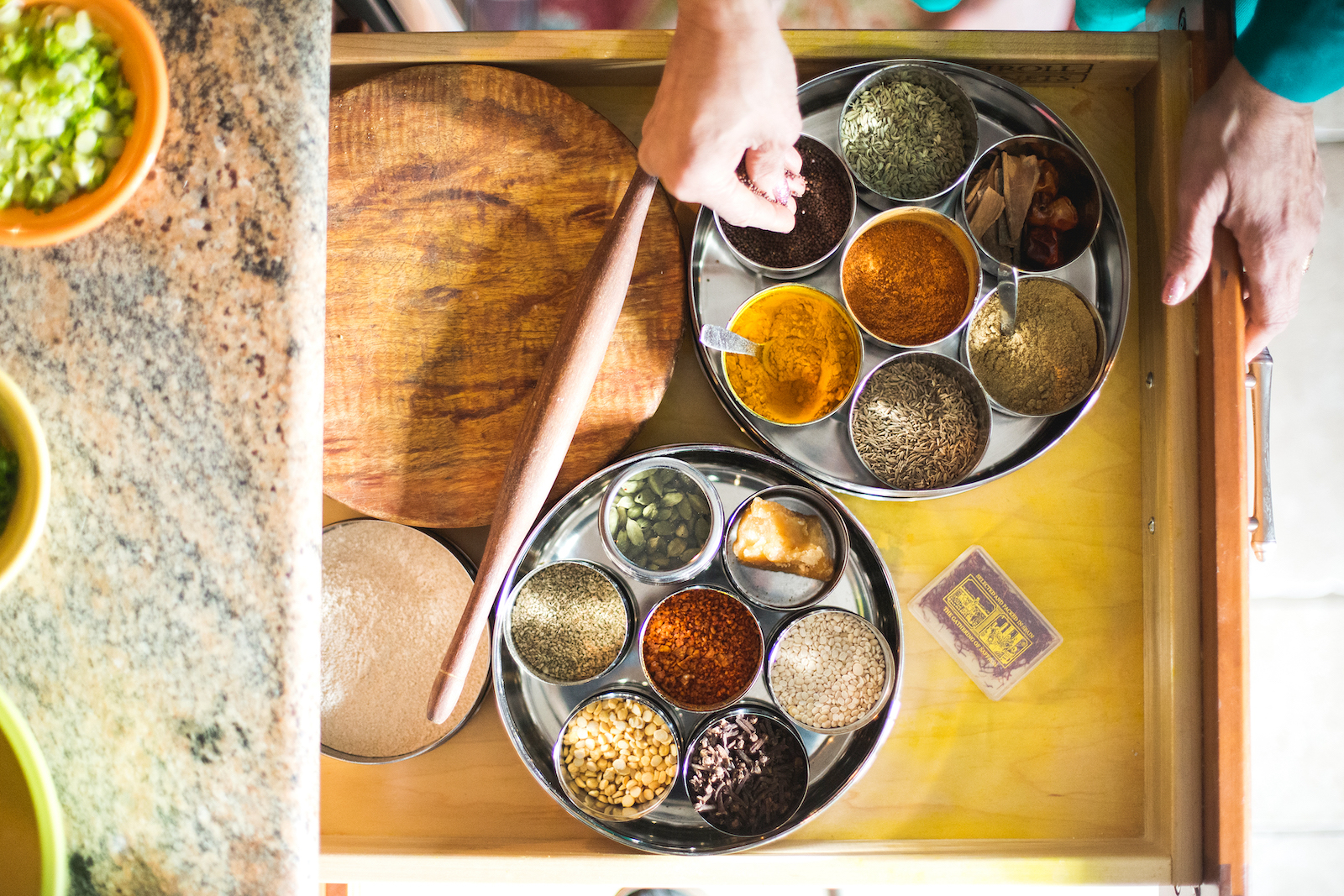Spices have played an integral role in human civilization for thousands of years. They have added flavor, aroma, and depth to our culinary creations, served as currency and symbols of power, and even influenced global exploration and trade. While we often take them for granted, spices are a vibrant and essential part of our lives, enriching our meals, culture, and health. In this article, we will delve into the multifaceted importance of spices in our lives.
Culinary Delight
Perhaps the most obvious and immediate importance of spices is the incredible depth and complexity they bring to our food. Spices are the palette of flavor, allowing us to transform bland ingredients into mouthwatering masterpieces. A pinch of cinnamon can elevate a simple apple pie, while a sprinkle of cayenne pepper can turn an ordinary chili into a fiery delight. The combinations of spices from different cuisines around the world create diverse and exciting flavor profiles, ensuring that our meals are never boring.
Health Benefits
Spices are not just flavor enhancers; they also offer numerous health benefits. Many spices are rich in antioxidants, vitamins, and minerals that can boost our immune systems, reduce inflammation, and improve overall well-being. For instance, turmeric, a staple in Indian cuisine, contains curcumin, a powerful anti-inflammatory compound with potential cancer-fighting properties. Similarly, cinnamon has been linked to improved blood sugar control and heart health. By incorporating a variety of spices into our diets, we can enhance our health while savoring delicious meals.

Preserving and Protecting Food
Before the age of refrigeration, spices were crucial for preserving food. They not only added flavor but also helped inhibit the growth of harmful bacteria and fungi. Spices like cloves, cinnamon, and black pepper were often used in pickling and curing processes to extend the shelf life of food. Today, while we have modern preservation methods, spices still play a role in protecting food by discouraging spoilage and enhancing food safety.
Cultural Significance
Spices are deeply intertwined with cultural identity. Different cuisines around the world rely on their unique spice blends to define their flavors and traditions. For example, the “holy trinity” of Cajun and Creole cuisine in Louisiana, consisting of onions, bell peppers, and celery, along with spices like paprika and cayenne pepper, creates the distinctive flavors of dishes like gumbo and jambalaya. Spices like saffron are associated with the rich culinary heritage of Persian cuisine, while the use of spices like coriander, cumin, and cardamom is synonymous with Indian cooking. Spices connect us to our cultural roots and allow us to share and celebrate our heritage through food.
Economic and Historical Significance
Throughout history, spices were highly prized commodities, often more valuable than gold. The spice trade was a driving force behind exploration and globalization, with European powers embarking on daring journeys to establish spice routes. This pursuit of spices led to the discovery of new lands, the exchange of cultures, and the shaping of the modern world. Today, spices continue to be economically significant, with many countries relying on spice production and export for their livelihoods.
Spices are not just seasonings; they are the thread that weaves together the tapestry of our culinary, cultural, and historical experiences. From tantalizing our taste buds and promoting our health to preserving our food and connecting us to our roots, spices are a vital part of our lives. As we savor the flavors of different cuisines and explore the history and culture behind these aromatic treasures, we can truly appreciate the importance of spices in enriching our lives. So, the next time you reach for that jar of spice in your kitchen, remember that you are not just adding flavor; you are tapping into a world of tradition, history, and vitality.


